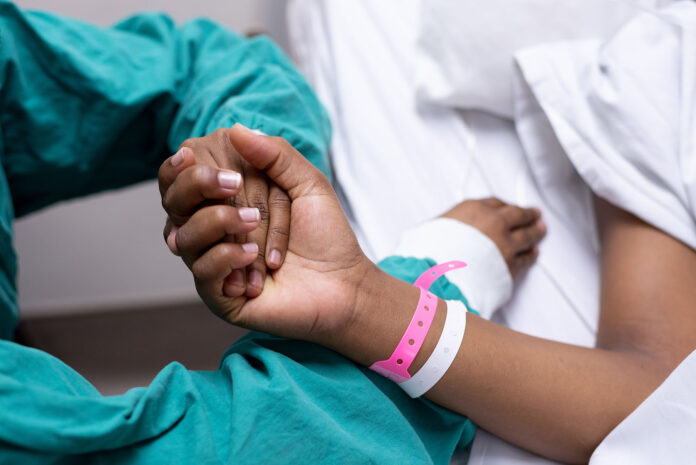Breast cancer clinical trials often test new ways to prevent, diagnose, and treat the disease. Medical experts in the field say clinical trials are one of the biggest reasons for the major gains in breast cancer survival over the past 30 years.
You may be offered the opportunity to take part in a clinical trial at some point during your treatment for breast cancer. So, if you’re considering a breast cancer clinical trial, what would you experience?
First, do your research. Findings from clinical trials determine whether or not potential new treatments will become standard care for breast cancer. Some treatments that are initially used for metastatic breast cancer may even go on to be tested and used to treat early-stage breast cancer or other cancer types. It’s also possible that drugs previously approved for other types of cancer may later be tested for the treatment of metastatic breast cancer.
A few considerations:
-
Side effects: The risks of a potential new treatment may not be fully understood, so there may be unexpected side effects. Though testing keeps risks as small as possible, a new treatment’s side effects often aren’t fully revealed until after long-term testing and follow-up. However, as additional side effects or safety information become known, that information is provided to physicians and regularly updated as new information becomes available.
-
Travel time and cost: While trials are done all across the country, it’s not guaranteed there will be an appropriate trial in your local area or with your original oncologist. However, trial participants typically receive their care in the same places that standard treatments are given—in clinics or doctors’ offices. If travel to a separate site is required, some trial organizers may provide transportation or reimburse participants for the cost of travel.
-
Health care costs: The costs of the potential new treatment will usually be covered by the study itself, and many health insurers will cover the standard care provided in the study as they would current breast cancer treatments. However, it’s important to check with the study team and your insurer to make sure there won’t be any unexpected costs of joining the study (such as out-of-network fees).
Each clinical trial is led by a head researcher (called a principal investigator or PI), who works with a team of other scientists and healthcare professionals. The way the research team designs and conducts a clinical trial can vary based on the study’s goals and other factors.
If you’ve been asked to take part in a trial, your physician or a research nurse will discuss exactly what’s involved with you. You will be given written information with all the details of the trial. This should include information about the type of trial, the possible benefits and risks, and whether extra tests or hospital appointments are needed. All information about participants is kept confidential.
Participants will be regularly observed, and data on their cases will be carefully recorded and reviewed and compared to those of others in the trial. You may have extra visits in between treatments to make sure that there are no unexpected side effects.
Many safeguards are in place to look out for the welfare of clinical trial participants. These safeguards can’t guarantee that you won’t have complications, but they are meant to reduce risk as much as possible. Clinical trials are overseen by an investigational review board (IRB) to protect the rights and welfare of trial participants.
If at any time during the study you or your doctor feel it’s in your best interest to stop participating in the trial, you will be free to do so. And it won’t in any way affect your ability to be treated in the future.
Remember, like all aspects of cancer care, the decision to join a clinical trial is a personal one. Even if you decide not to join a clinical trial now, it doesn’t mean you can’t join one later if you’re eligible. For information on specific breast cancer studies, visit Gilead’s clinical trials website.





